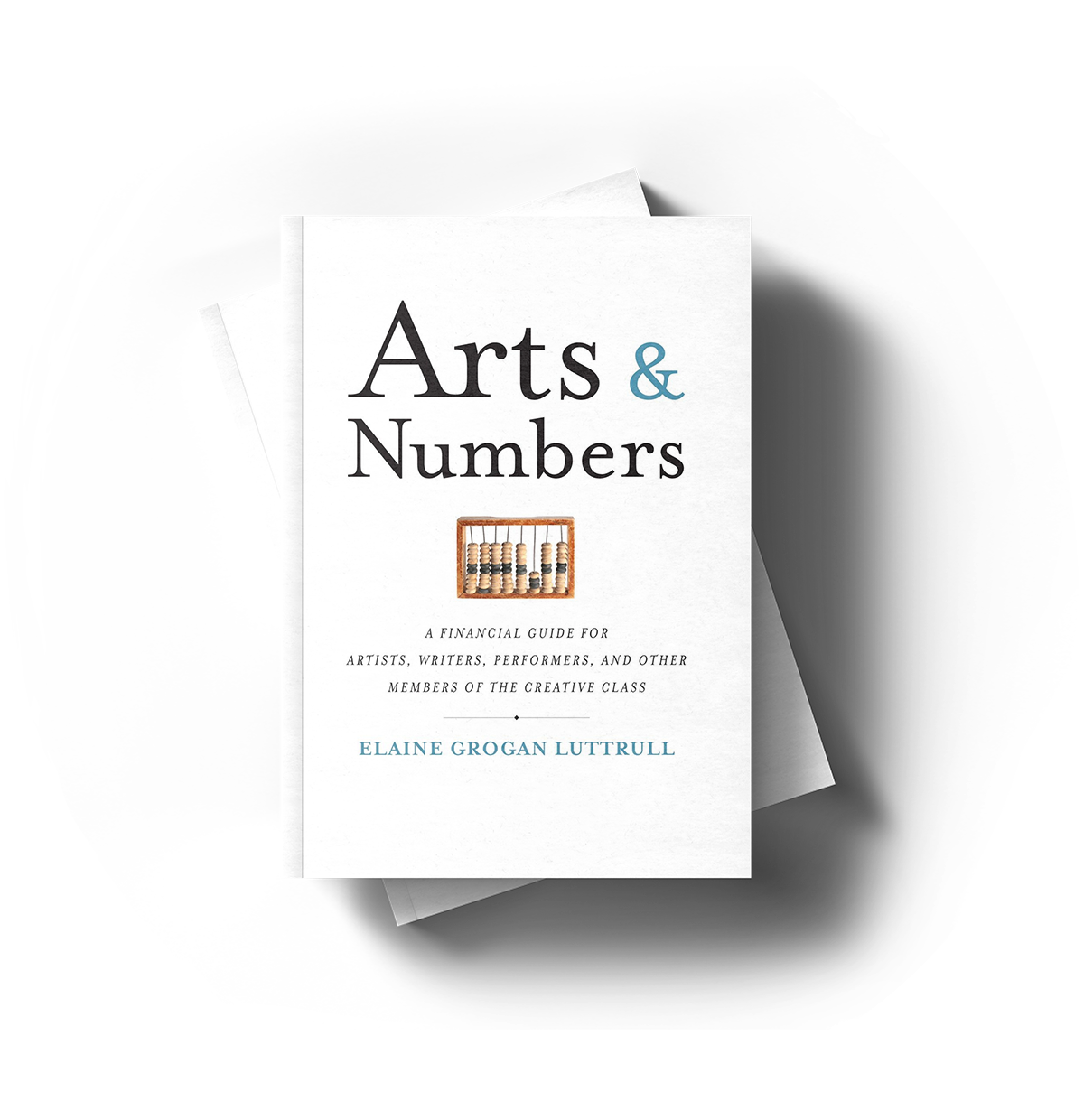September 5, 2016 • Curriculum

Charleston, South Carolina
In honor of Labor Day, we wanted to spend some time thinking about all the work creative individuals do to make a creative career successful. This is not the glamorous stuff. This is everything else. And of course, all month we’ll be talking about building creative portfolio careers and the types of work that might fall into various categories within a portfolio career.
We won’t spend much time on articulating a “starring role.” You know your starring role. It’s your thing. It’s the thing you’d do with unlimited time and unlimited resources. It’s what your brain thinks about as it rests, and it’s what you constantly try to improve. It’s what brings you deep, professional satisfaction when done well. It’s your true calling. It’s your thing.
Supporting cast roles are those roles or jobs that support your thing… Without being the actual thing itself. Maybe you use some of the same skills (like technical skills or other carefully honed talents); maybe there is industry overlap (like common connections or mutual support). Supporting cast roles support your starring role, and that support can take any number of forms. The most common examples of support cast roles we’ve heard are:
- Teaching. Whether you teach in a formal educational program, as an adjunct or other part-time instructor, or in a less formal community setting, getting paid to share your expertise and knowledge with others can be a wonderful complementary stream of income. When called upon to share our knowledge, most of us can’t help but deepen that knowledge, and sharing something we love with others often brings considerable joy (not to mention a bit of additional income). But choose the setting and the students wisely. A mis-match can be a recipe for disaster.
- Writing. Sharing what you do in written, oral, or visual form, for major publications, blogs, or something in between can provide a small amount of additional income, with the added bonus of a bit of advertising and recognition as an expert thrown in for good measure. Writing – like teaching – is sharing your expertise in a way that complements your preferred channel for sharing it.
- Products. If what you do includes anything tangible, you might have an opportunity to monetize that product within your community. An enterprising fashion designer might monetize a specially designed ruler; a performer might monetize a specialized undergarment. A designer might monetize a web layout design; an illustrator or photographer might do the same for icons or stock photos. Rarely are these the primary sources of our professional fulfillment. It is far more likely that we use these as opportunities to capitalize on our unique skills, while freeing our time to focus on more fulfilling work.
- Work for non-ideal clients. If your starring role is very narrowly defined, a supporting cast role for you might involve the same type of work for a client you’d rather not have. This might be a fine arts photographer who also happens to photograph senior portraits, or a jazz musician who also happens to perform at weddings. It could be a fiction writer who moonlights as a whitepaper researcher, or a curator who also hangs art in retail stores. This work doesn’t detract from your starring role. In fact, by providing an additional stream of income, it actually frees you financially to focus on the starring role work you really want to be doing (and talking about).
- Work for industry-aligned groups. Previously, the supporting cast role examples have tended to using the same skill set required for a starring role… just in a slightly different setting. We can also think about supporting cast role work as providing intangible benefits within our industries, regardless of the skills we use. Visual artists might work at an art supply store; freelance designers might also work an administrative job at a design museum, greeting guests. Writers might also do IT work for a publishing house. These types of supporting cast role works support the starring role, not necessarily by enhancing skills, but rather by building connections, community, and a larger network of support.
Production assistance work is the temporary, repeatable, and stable work that we can use as “filler work” when and if the need arises. This work is also (usually) the source of the greatest stories. We’ve heard examples of production assistance work that runs the gamut (and stretches the imagination). A few of our favorite examples are included below. Enjoy.
- Dog walker
- House sitter
- Baby sitter
- Valet
- Bartender
- Food service provider
- Retail worker
- Construction worker
- House cleaner
- Landscaper
- Personal shopper
- Tutor
Here’s hoping some of these examples help provide a bit of context to your own creative career. Keep those great examples coming!
Now What?
Want to learn more? Check out Goal Setting for Portfolio Careers, a 3-hour self-study course to put these theories into creative action.
 Goal Setting for Portfolio Careers
Goal Setting for Portfolio Careers
You probably have a goal: To keep doing exactly what you want to be doing without going broke. But what if you could do more? In this course, you’ll learn why the traits that enhance your creativity are also fantastic for building tools to make your creative career work for you.
This course is completely self-paced, meaning you can read the materials and do the activities on your own time. But don’t worry. You won’t be alone.
At Minerva Financial Arts, we care about artists and the community… A lot. All our courses are distinguished from others by Elaine’s hands-on, supportive approach to coaching you through the material. Enjoy!


